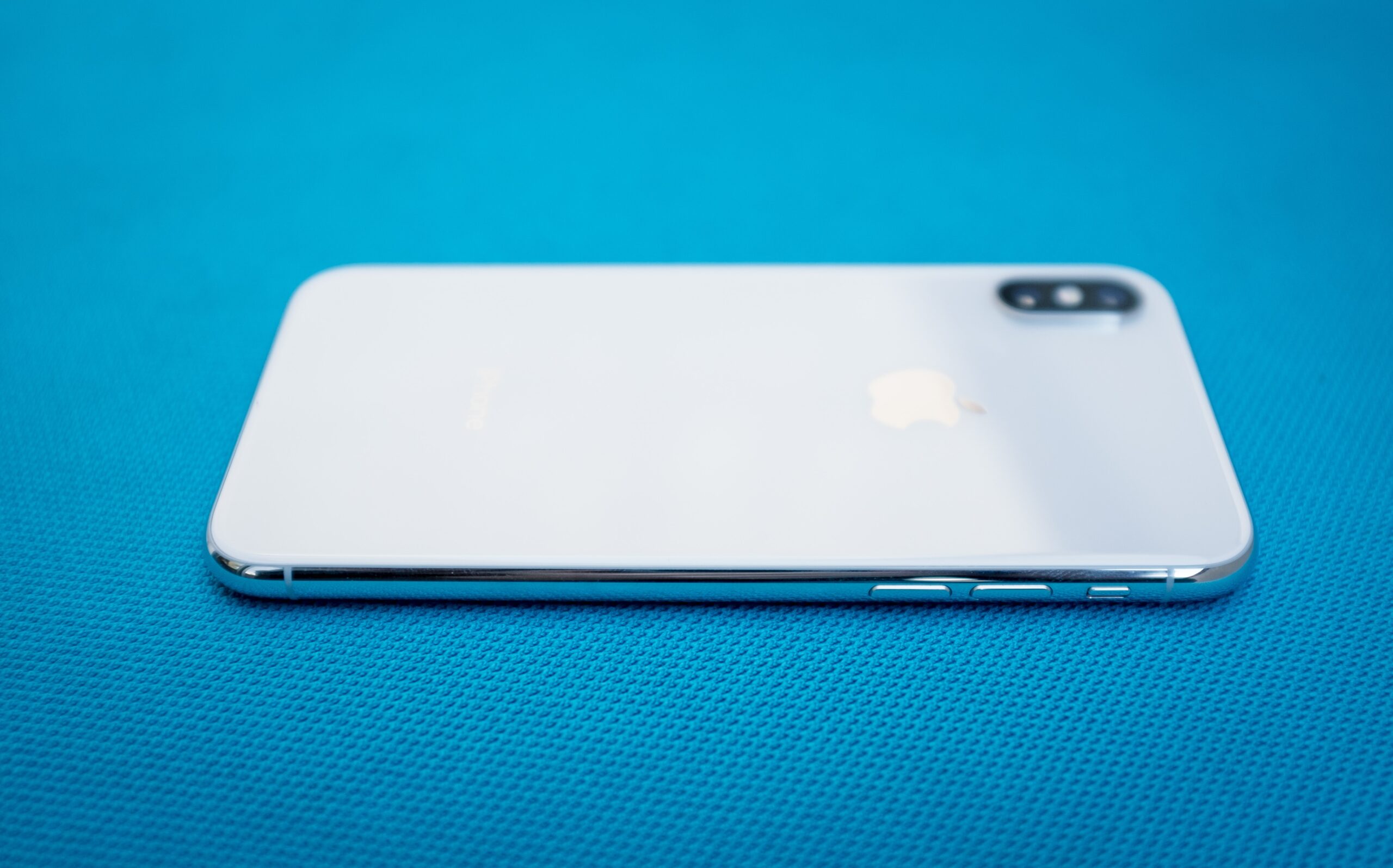Researchers at RMIT University were able to predict the personality traits in a sample of participants using specific accelerometer data from mobile phones.
According to Flora Salim, a computer scientist at RMIT University, these findings differ from previous research, which demonstrated how researchers predicted personality types by patterns of phone call and messaging activity logs. In this study, researchers gathered data on phone movements intended for physical activity, like step-counting, for instance.
“Call and messaging logs from mobile devices have successfully been used to predict personality traits. Yet accelerometer data have not been applied for this purpose. Here we used accelerometer data, along with data from call and messaging logs, to predict five key personality traits,” said Salim.
“Activity like how quickly or how far we walk, or when we pick up our phones up during the night, often follows patterns and these patterns say a lot about our personality type.”
Due to its strong association with human personality, researchers analyzed the topic of physical activity from different aspects like regularity, dispersion, and diversity.
In accordance with the Big Five personality traits – extraversion, openness, agreeableness, conscientiousness, neuroticism – the findings showed that individuals with consistent movements on weekday evenings were considered to be more on the scale of introverted. However, extroverts displayed more random patterns.
Moreover, agreeable people had more random activity patterns and were busier on weekends and weekday evenings than others. Friendly and compassionate females made more outgoing calls than anyone else. Conscientious, organized people did not tend to contact the same person often in a short space of time. Sensitive or neurotic females often checked their phones or moved with their phones often well into the night, past midnight. Sensitive or neurotic males did the opposite. More inventive and curious people tended to make and receive fewer phone calls compared to others.
The findings, researchers emphasize, are an exciting step forward into learning more about ourselves in the current age of social media. “There are applications for this technology in social media with friend recommendations, online dating matches and targeted advertising, but I think the most exciting part is what we can learn about ourselves,” said Nan Gao, lead author of the study.
“Many of our habits and behaviours are unconscious but, when analysed, they tell us a lot about who we really are so we can understand ourselves better, resist social pressure to conform and to empathize with others. Most importantly, being who we truly are can make our experience of life richer, more exciting and more meaningful.”


